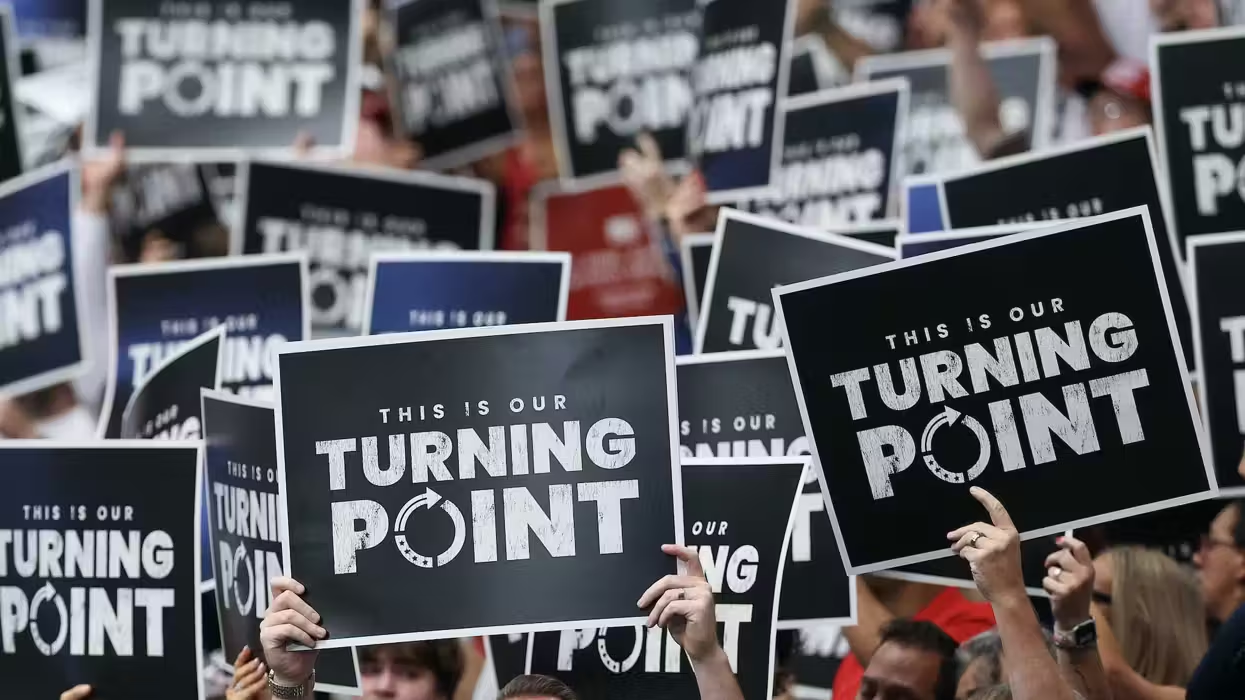On Tuesday, the White House announced that it would move ahead with 25 percent tariffs on $50 billion worth of Chinese imports.
In a statement, President Donald Trump said “from now on, we expect trading relationships to be fair and to be reciprocal.” The White House blamed the tariffs on “years of unfair trade practices” by China. A full list of which imports will be included in the tariff will be released on June 15.
In addition to the tariffs, the U.S. will also “implement specific investment restrictions and enhanced export controls for Chinese persons and entities related to the acquisition of industrially significant technology.”
How did China respond to U.S. list of tariffs?
On April 3, the White House released a list of 1,300 Chinese products worth around $50 billion that could potentially be hit by tariffs. China quickly responded with a list of 106 U.S. products, also worth $50 billion, on which it would potentially slap sanctions.
The products targeted by the proposed sanctions by China include products like soybeans, corn, beef, whiskey, propane, and automobiles.
So far there has been no word on whether China will follow through with this threat.
When did this tariff battle begin?
On March 1, Trump announced a 25 percent tariff on all steel imports and a 10 percent tariff on all aluminum imports.
Since the tariffs were signed, Australia, Argentina, and Brazil were given permanent exemptions, South Korea was given an exemption to the steel tariff (but not the one for aluminum), and Canada, Mexico, and the European Union were given an extension until a final trade deal could be worked out.
Trump was criticized for this move by many members of his own party. 108 Republican members of Congress signed a letter begging him to reconsider. In addition, several Senators including Sen. Roy Blunt (R-Mo.), Sen. Ben Sasse (R-Nev.), and Sen. Orrin Hatch (R-Utah) publicly spoke out against the tariffs.
Is this a trade war?
The Trump administration has repeatedly insisted that it is not. On April 4, after China responded with a list of U.S. products that could be hit by tariffs, Trump tweeted: “We are not in a trade war with China, that war was lost many years ago by the foolish, or incompetent, people who represented the U.S. Now we have a Trade Deficit of $500 Billion a year, with Intellectual Property Theft of another $300 Billion. We cannot let this continue!”
On May 19, Treasury Secretary Steve Mnuchin announced “We're putting the trade war on hold. ... We have agreed to put the tariffs on hold while we try to execute the framework.”







